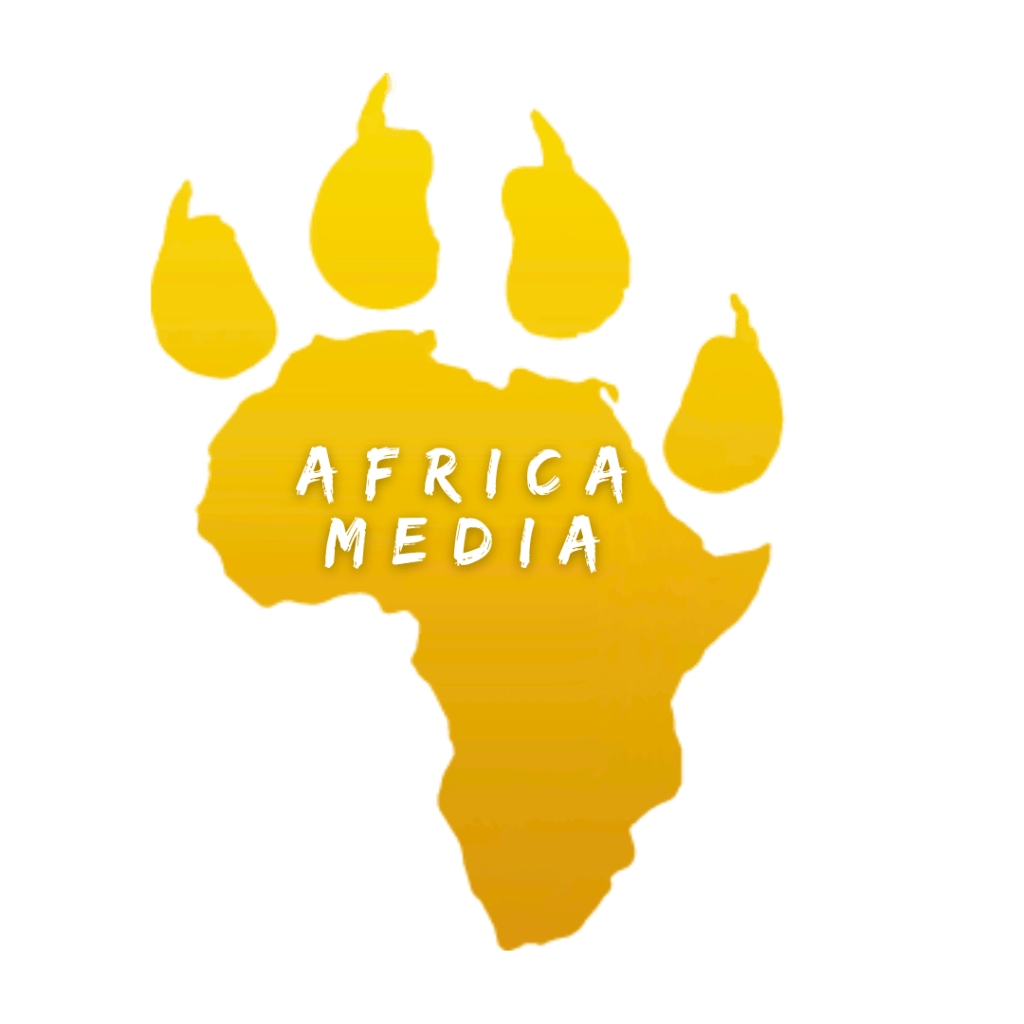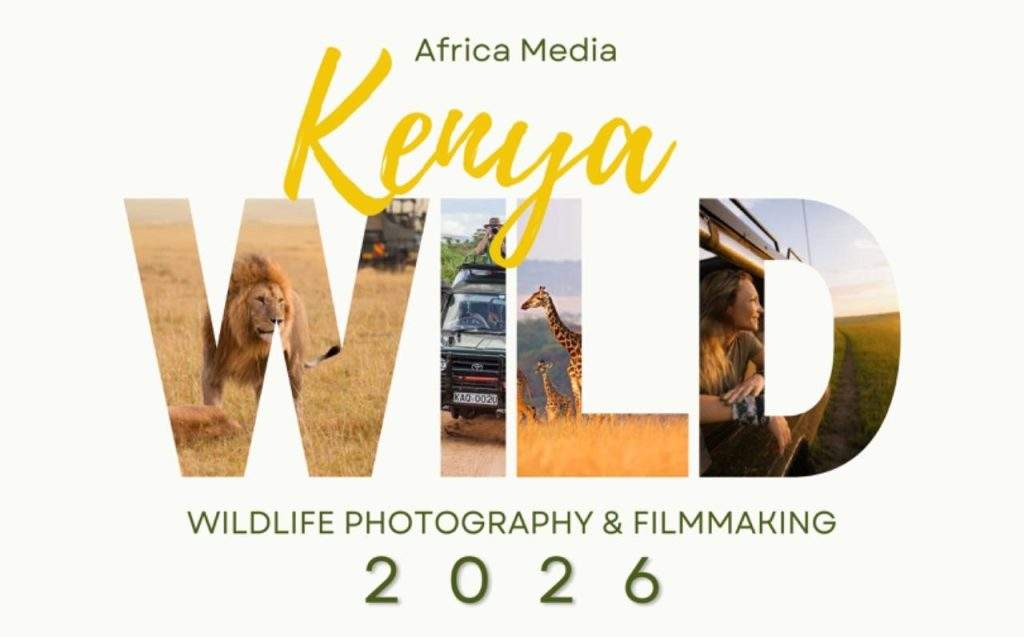
How wildlife films can change the world
You see them on National Geographic and BBC Earth. Even when nobody is watching, you can always leave them playing on the living room TV, because no-one will turn it off. They are a beautiful and educational art form that has inspired people for decades. Wildlife films are powerful tools for spreading information about nature and animals. What’s more, they also have the power to influence the minds and actions of those who watch them. Here are seven ways that wildlife films can change the world.
Wildlife films inform
Firstly, the most important goal of a wildlife documentary is to give information. Documentaries contain scientific facts about animals and ecosystems. Many people who live in cities do not have close access to wild, natural environments. However, through wildlife films, they can gain some biological knowledge. As a result, this increases their overall awareness of wildlife and nature.
Wildlife films give people a wildlife experience
Wildlife films give people an opportunity to see wild animals where they wouldn’t be able to otherwise. It shows the viewer beautiful places where wildlife is abundant. If the viewer lives in an urban area, he/she doesn’t get many chances to travel to game reserves or the like. Therefore, wildlife films bring these experiences closer to them.
Wildlife films contribute to the quality of the film industry
These films are not just little video snippets with a nice, but meaningless, story. In fact, when people watch a documentary, they learn something. Thus, by optimising on this goal, wildlife films are adding to the general quality of the film industry. They achieve this through high-end research, storytelling and professional filming. Through this, it provides viewers with something of great value to watch.
Wildlife films change opinions/attitude
Instead of just shrugging and saying “Oh well” when they hear about environmental issues, viewers are now held responsible for the actions of the human race. The reason for this is they now know about the causes and effects of human actions on the environment. Therefore, after watching a wildlife documentary, people will stop to think longer and deeper about the theme and meaning of the film.
Download FREE eBook featuring 40 proven fundraising techniques to finance your next overseas experiential adventure

Wildlife films change secrets into known facts
Because wildlife films contain vital info, they are key to making things clear. For example, they might portray a new species. Or new knowledge regarding an animal’s habitat and behaviour. Wildlife films also have the power to expose game reserves or organisations who are guilty of animal abuse, mismanagement and malpractice. Examples of world-changing documentaries that uncovered new scientific information are Blue Planet and Blackfish.
Wildlife films change people’s mind
By being exposed to new info, the viewer might realise that their views are wrong or uninformed. In other words, people might believe something because they don’t know all the info about an issue. Wildlife films can change the world view on animal species and environmental issues. They do this by giving in-depth info that inspires the viewer to think further about the subject. Ultimately, it can also result in people changing their viewpoint completely.
Wildlife films call people to action
Finally, wildlife films can inspire and mobilise people. In particular, they encourage people to conserve. To appreciate wildlife and to speak out against human-induced environmental issues. In addition, it gives them new hope by showing them how beautiful nature is, and why we should keep it that way.
To conclude, these are only a few of the many ways in which wildlife films can change the world. Documentaries can inform people about various environmental subjects. In short, by fulfilling all of the roles above, wildlife films have the power to enact change.
Want to change the world with your own films? Our wildlife documentary filmmaking program is the perfect place to start.

Blogger Profile - Rouxne van der Westhuizen
Rouxne has an Honours degree in journalism and media studies. She is the course director for the Travel and Environmental Journalism and specialises in wildlife conservation writing, travel journalism and blogging.
Kickstart your wildlife media career!
Find your perfect wildlife media speciality program





